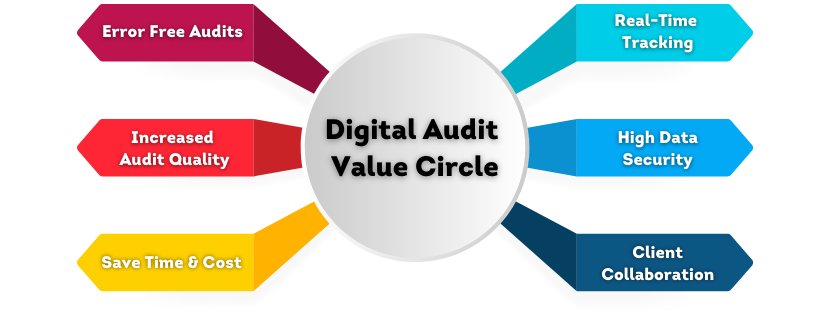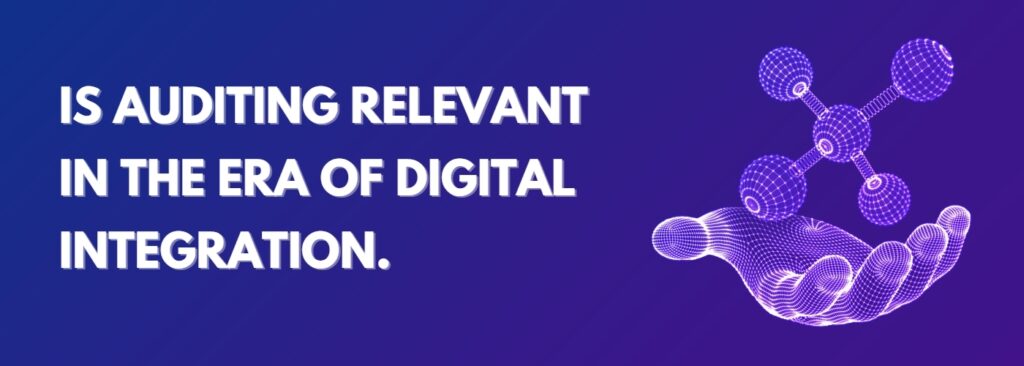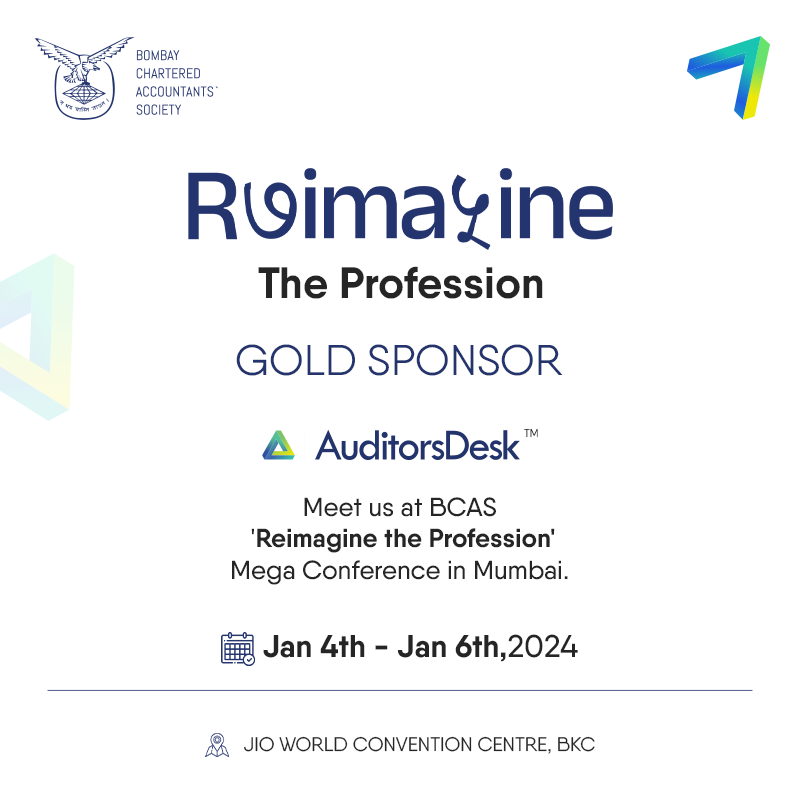What is Auditing?
An audit is an examination of records of an organization, usually performed to make sure that the financial information provided to shareholders and other stakeholders is accurate. Auditors may also review compliance, legal and regulatory information, and review technological systems in place by an organization to carry out its day-to-day activities.
Importance of Auditing
Audits are easily one of the most time-consuming and technical processes for practicing chartered accountants and organizations, but they are also very important. Audits can be carried out on a company’s financials and usually involve a team of outside independent auditors who review books of accounts to see if everything added up and reported as it should. It is crucial for financial statements to be accurate and follow accounting guidelines because this way investors and stakeholders will have an easier time determining what projects or business ventures are worth pursuing. Audit reports have a substantial influence on how the investor perceives business performance.
The age of digitalization
There’s a lot going on these days. In recent years, technological advances and trends in advanced analytics, robotic process automation (RPA), and cognitive intelligence (CI) have been integrating into businesses and are rapidly reshaping the way they connect products to consumers. The general adoption of these services is now being referred to as Industry 4.0 or the Fourth Industrial Revolution. As such mechanisms become more commonplace; businesses will need to establish protocols for coordinating services, whether it be between multiple departments inside their own company or across a network with customers, suppliers, partners, and other companies that serve various functions in the industry at large. Today more and more business owners and organizations are looking for new-age business solutions and rapidly including technology in their day-to-day business process.
Impact of digitalization on the audit profession
In a world that is becoming increasingly interconnected through data and new technology advancements, it is more important than ever to make sure that auditors adopt technology and move towards digitalization at the same pace to match their client expectations. With a remote working environment it’s become important to communicate effectively with one another – after all, you never know when you might need someone to save your bacon or throw you some lettuce to keep things moving. The beauty of working in the digital era is that you can stay tuned with your colleagues and share information freely on a real-time basis. Therefore there are huge opportunities for auditors to up their game, and ultimately everyone reaps the rewards of the technology upgrade.

Here is how digitalization is making an impact on Auditing
1. Changes with automation
Digital technologies such as the internet have transformed and automated many industries. The audit is one that has been heavily impacted by the use of these new technologies and automation tools. Manual work is still prevalent in audits, but it can be reduced by using online digital tools. In addition to saving time, automation will reduce the occurrence of errors.
2.Error-free work
Machines are more accurate than humans. Humans can get exhausted, whereas computers and robots do not get tired or moody. By cutting down the time it takes for auditors to perform a necessary task, frees them up to focus on the more challenging and critical tasks and high-risk areas, especially those related to assessing the risk of being more technical and needing human judgment. Automation in auditing has a long way to go, and it is probably going to be common practice in the future.
3. Duality of Tasks
In an age of technology, the sheer amount of data being generated can be overwhelming. Especially to an audit professional whose duty is to make sure that all this information does not take on a life of its own and become problematic for those in charge. That is why it is so important for auditors to structure the information received from the client in a systematic order that does not seem like a pile of paperwork but instead useful for the purpose it was intended for. Information should be precise and provide insight on how the business operates and highlight the areas of high risks or emerging trends.
4. Quality of work
The benefits of using digital and online systems are obvious: we can easily move from examining samples to reviewing all significant classes of transactions; we can free up time that might have been spent examining information for more productive things like analyzing and understanding client business better, and we can reduce audit risk. We know it takes investment to get these systems in place but the benefits are countless and undeniable.
5. Exceeding expectations of clients
In response to the competitive business climate and growing cost pressures, auditing firms must decide how new technologies can help them make financial audits more efficient for their clients. Clients increasingly ask for lower audit fees from audit firms and ask them to improve their document management or complain about new staff every year. And this pressure is only increasing with time. Firms need to decide whether or not their teams are working efficiently and are using all new-age tools available for their disposal. It’s time for auditors to start thinking about how digital audit tools and the adoption of new technology can add value for their client’s business processes and strengthen client relationships in the process.
6.Decision making
Collaborative tools encourage fast decision-making vital to productivity and agile project management although appropriate due diligence is still required. With more empowerment and less structure, delegations of authority beyond financial controls may need to be considered.
The Bottom Line
Auditors are at a crossroads. With the rise of automation in accounting, there is an expected change in how auditors do audits today. To enable audit firms to focus more on risk identification and key insights related to the business, audit professionals are now being asked to perform even more tasks with an automated approach to be more precise and cover the risk. This changing climate has resulted in a greater demand for transparency, as well as stakeholders asking auditors to do more than just traditional audit procedures to gain confidence in audit reports.
Online pharmacy with worldwide delivery discount faast pharmacy! Click to check prices online!


